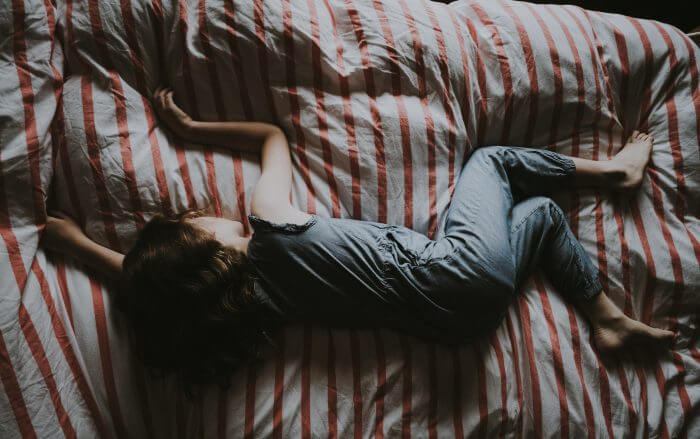
What is bruxism?
Bruxism is another name for teeth-clenching or grinding due to the contraction of the masseter, temporalis, and other jaw muscles. It typically happens at night while people are sleeping, but others will clench and/or grind during the day as well.
What Causes Bruxism?
Bruxism is considered to be a sleep-related movement disorder. Which just means that it is something that people do in their sleep that involves movement. These types of disorders may also include flexing of the feet, muscle twitches or jerking movements while sleeping. It may lead to daytime fatigue and non-restorative sleep. Some of the possible causes of tooth grinding include intestinal parasites, food allergies, environmental allergies, stress, and caffeine intake.
What is the Prevalence of Bruxism?
One study found that 26.9% of preschool children grind their teeth while they sleep.
What are the consequences of or problems associated with Bruxism?
Bruxism is associated with:
- poor sleep quality
- tooth wear
- respiratory problems
- dental cavities
- misalignment or incorrect relation between the rows of the top and bottom teeth
- tiredness/soreness of the jaw muscles
- TMJ pain
- headaches and migraines
- obstructive sleep apnea
- it could affect the sleeping pattern, with consequences for the overall health, growth, and quality of life of children
- hypertrophy of chewing muscles
- tooth surface loss
- fracture of restorations or teeth
- hypersensitive or painful teeth and
- loss of periodontal support
How can you treat Bruxism?
Stress management
Stress reduction techniques like yoga, deep breathing, tai chi, meditation, psychotherapy, and regular exercise may help calm down your nervous system. Supporting your body’s ability to manage stress through nutrients like vitamin B6, magnesium, vitamin B5, vitamin C, zinc and adaptogenic herbs may also help. These options are best discussed with one of our naturopathic doctors.
Massage the masseter muscles
Your masseter muscles are your chewing muscles. If you hold your fingers about an inch in front of your ears and clench your teeth, you’ll feel these muscles bulge outward against your fingers. Massaging the muscle helps to relieve the tension in the muscle. Our chiropractors and osteopath can help relieve muscle tension that may also contribute to grinding your teeth. Acupuncture can also be used to relieve muscle tension and treat TMJ pain.
Investigate parasites
Young children are prone to picking up parasites like pinworm. One study of 86 children between the ages of 3 and 7 found that 11.2% of them had pinworm. The worm is active in the gut at night. This may be sending nerve impulses to the brain and stimulating the nervous system. The main symptoms of pinworm infection include itching skin, including the skin around the rectum and bruxism. Pinworm is easily tested for and treated through either conventional medicine or herbal medicine.
Parasite prevention techniques include washing hands before eating, drinking only clean water and eating cooked (rather than raw) food, cleaning perianal region frequently, and cutting nails frequently.
Magnesium bisglycinate
Magnesium calms down the nervous system by acting as a GABA receptor agonist. Magnesium also helps to relax muscles, including the masseter muscle. It can be taken orally or also applied topically to the masseter as a magnesium oil or gel.
Investigate food allergies or sensitivities
Food allergies or sensitivities can set off inflammation that affects not only the gut, but also the brain and the nervous system. Inflammation in these systems may trigger abnormal activity at night when you are sleeping. One of the worst cases of Restless Leg Syndrome I ever saw was corrected by removing food sensitivities.
Investigate environmental allergies
Similarly to food sensitivities, environmental allergies may trigger inflammation that affects the brain and the nervous system, causing excessive nervous system activity at night.
Caffeine
Reduce or eliminate caffeine intake from all sources including coffee, tea and chocolate, particularly later in the day to allow for calmer, more relaxing sleep.
By Dr. Pamela Frank, BSc(Hons), Naturopathic Doctor
Bruxism Research
https://www.ncbi.nlm.nih.gov/pubmed/29412225
https://www.ncbi.nlm.nih.gov/pubmed/31630473
https://www.ncbi.nlm.nih.gov/pubmed/30716450